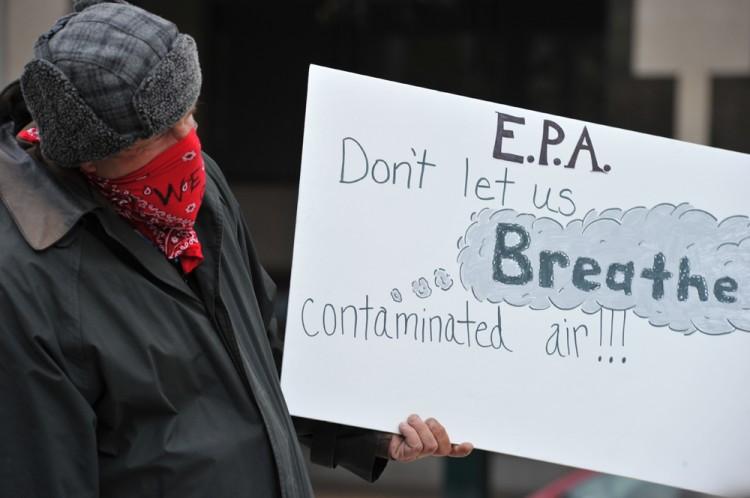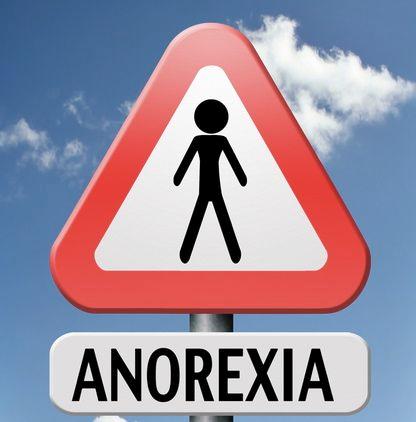The D.C. Circuit Court of Appeals will allow Texas to delay implementation of new EPA Cross-State Air Pollution Rules (CSAPR). While the court considers the Texas petition, the state must continue to enforce the old air-pollution standards. All states have a minimum of three years to implement the new air-quality rules. The court officially designated the Texas case “complex.”
A three-judge panel granted Texas electric power producers’ request to not be required to comply with the new federal rules on mercury pending further review, according to an announcement from Texas Attorney General Greg Abbott. The review will begin in April.
Cutting mercury and other toxic emissions are important for health, according to the EPA new rules announcement on Dec. 21. “Since toxic air pollution from power plants can make people sick and cut lives short, the new Mercury and Air Toxics Standards are a huge victory for public health,” said Albert A. Rizzo, M.D., national volunteer chair of the American Lung Association, and pulmonary and critical care physician in Newark, Del., in the EPA announcement. “The Lung Association expects all oil- and coal-fired power plants to act now to protect all Americans—especially our children—from the health risks imposed by these dangerous air pollutants.”
Court to Review Texas Complaint Against EPA
The D.C. Circuit Court of Appeals will allow Texas to delay implementation of new EPA Cross-State Air Pollution Rules (CSAPR). While the court considers the Texas petition, the state must continue to enforce the old air-pollution standards.

A demonstrator with the No FEAR Coalition, the National Whistleblower Center, and the Federal Alliance, holds a placard during a protest Nov. 10, 2011 at the Environmental Protection Agency in Washington, D.C. To date there are more than three dozen lawsuits in the Washington courts seeking to derail the EPA’s Interstate Air Pollution Rule. KAREN BLEIER/AFP/Getty Images
|Updated:





